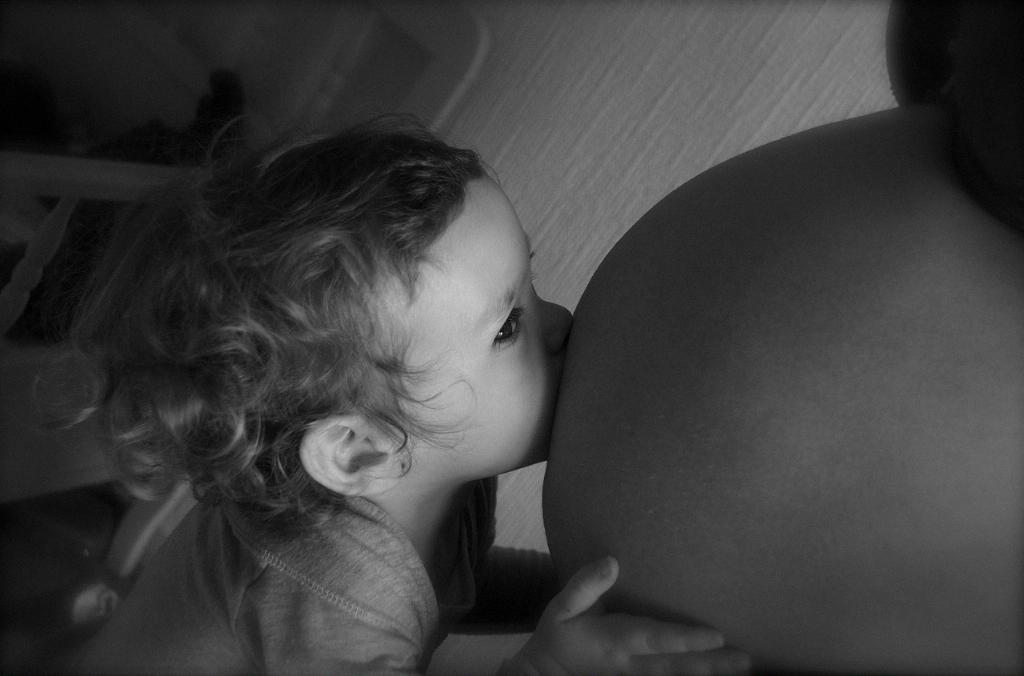One of the common concerns for pregnant women is their diet, as they strive to make healthy choices for themselves and their developing baby. Many wonder about the safety of various foods, including artichokes. Let’s delve into whether artichokes are a safe option for pregnant women.
Rich in Fiber
Artichokes are a fantastic source of fiber, containing about 10 grams in each. During pregnancy, constipation can be a common issue, and incorporating fiber-rich foods like artichokes into your diet can help alleviate this discomfort. Fiber aids in maintaining healthy digestion and can contribute to overall well-being during pregnancy.
Indigestion Relief
Another benefit of artichokes is their potential to soothe indigestion, which is a prevalent complaint among pregnant women. The properties in artichokes are believed to promote digestive health and ease gastrointestinal discomfort, making them a favorable choice for individuals experiencing indigestion during pregnancy.
Nutrient-Rich Profile
In addition to fiber, artichokes boast an array of essential nutrients that can benefit both the mother and the baby. These include vitamins C and K, folate, magnesium, and potassium. Folate, in particular, plays a crucial role in fetal development and is recommended for pregnant women to support a healthy pregnancy.
Antioxidant Properties
Artichokes contain antioxidants, such as quercetin and rutin, which help combat oxidative stress in the body. This is vital during pregnancy, as oxidative stress can potentially harm cells and lead to various health issues. By consuming foods rich in antioxidants, like artichokes, pregnant women can support their overall health.
Consideration for Allergies
While artichokes offer numerous health benefits, it’s important to consider any potential allergies or sensitivities. If you have a known allergy to artichokes or related plants, such as daisies or marigolds, it’s advisable to avoid consuming artichokes during pregnancy to prevent any adverse reactions.
Preparation Methods
When incorporating artichokes into your diet during pregnancy, pay attention to how they are prepared. Opt for healthy cooking methods like steaming or grilling to retain the nutrients without added oils or excessive sodium. Avoid dishes that are heavily fried or laden with rich sauces, which may not be as nutritious.
Safe Consumption
While artichokes are generally considered safe for consumption during pregnancy, it’s always wise to consult with your healthcare provider before making any significant changes to your diet. They can offer personalized advice based on your health history and dietary preferences, ensuring that you make choices that align with your individual needs.
Balanced Diet
As with any food during pregnancy, moderation is key. While artichokes can be a healthy addition to your diet, it’s essential to maintain a balanced and diverse range of foods to ensure you are meeting all your nutritional requirements during this critical time. Incorporate a mix of fruits, vegetables, whole grains, proteins, and healthy fats for optimal health.
Listen to Your Body
Every pregnancy is unique, and what works well for one woman may not be suitable for another. Pay attention to how your body responds to artichokes and other foods during pregnancy. If you experience any adverse reactions or discomfort after consuming artichokes, it may be best to avoid them and explore alternative sources of fiber and nutrients.
Final Thoughts
In conclusion, artichokes can be a safe and nutritious choice for pregnant women, offering a range of health benefits that support overall well-being during pregnancy. With their fiber content, vitamins, and antioxidants, artichokes can be a valuable addition to a balanced diet. However, it’s crucial to be mindful of individual allergies, preparation methods, and overall dietary variety to ensure you are making choices that promote a healthy pregnancy. Always consult with your healthcare provider for personalized guidance on your diet during pregnancy.

